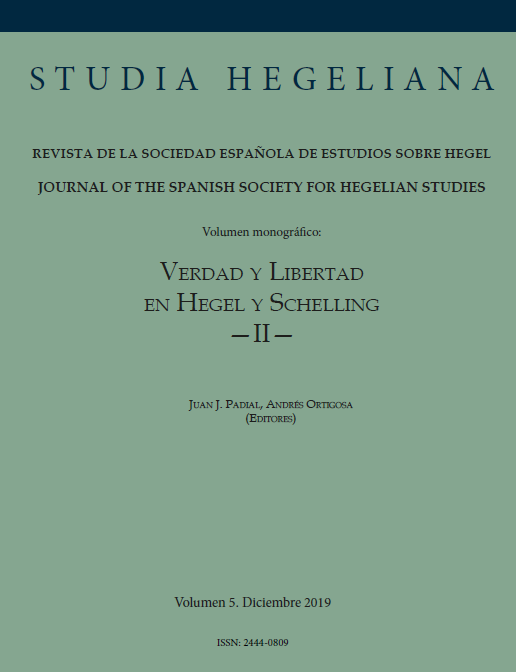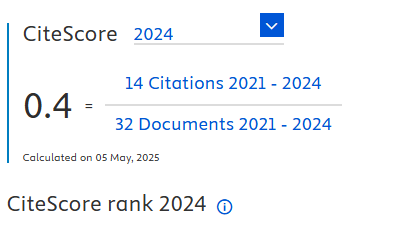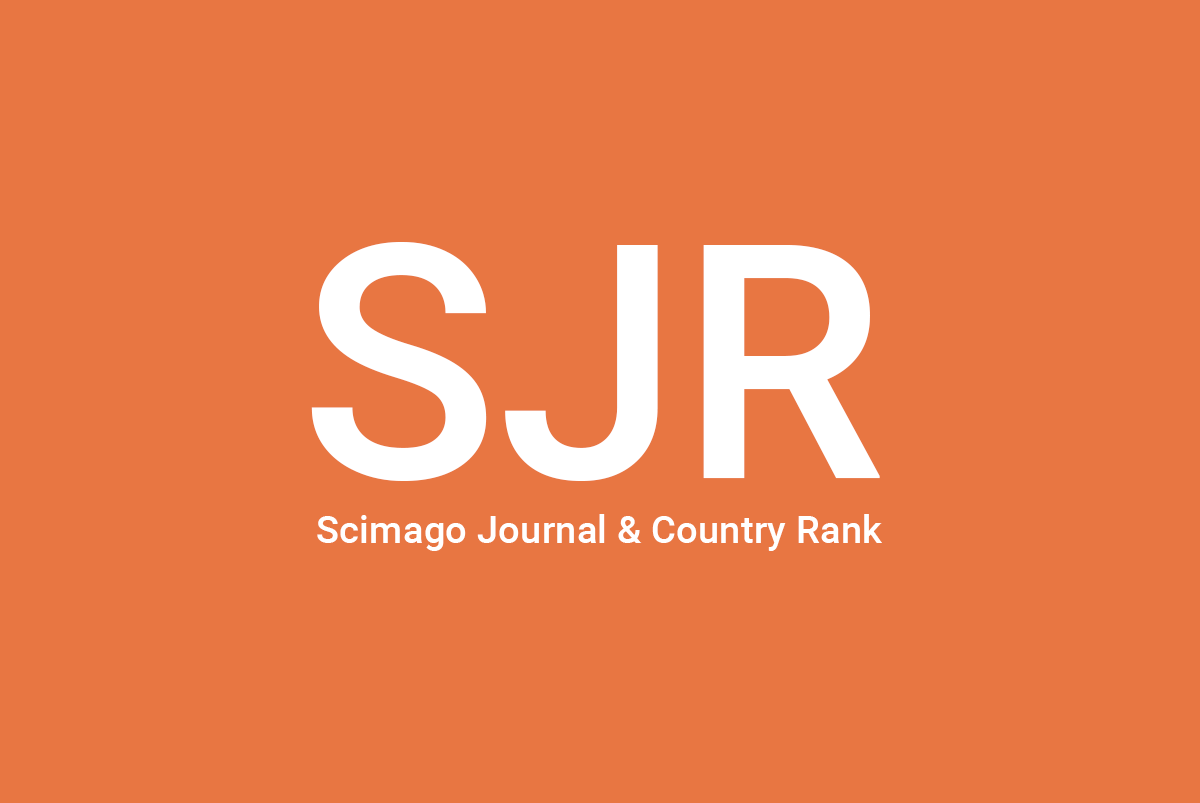Mythology and Revelation: The interpretations of Shelling on «The question about Polytheism» between Marquard and Taubes
DOI:
https://doi.org/10.24310/Studiahegelianastheg.v5i.11399Keywords:
JACOB TAUBES, ODO MARQUARD, POLYTHEISM, REVELATION, MYTHOLOGY, SCHELLINGAbstract
The following text presents the discussion between Marquard and Taubes about de “question of the polytheism”, and their corresponding interpretations of Schelling’s philosophy as well. While Marquard aims that philosophy of mythology does not allow to go further to heteronomy, nor after its transformation into philosophy of revelation, Taubes understands the philosophy of revelation as expression of the autonomy’s reign, and consequently, it is the ultimate goal of the philosophy of history. After the discussion, the author makes a balance of the discussion.
Downloads
Metrics
Publication Facts
Reviewer profiles N/A
Author statements
Indexed in
-
—
- Academic society
- N/A
- Publisher
- Universidad de Málaga
References
: Stanford University.
Gabriel, M. (2006). Der Mensch im Mythos: Untersuchungen über Ontotheologie,
Anthropologie und Selbstbewusstseinsgeschichte in Schellings Philosophie der
Mythologie. Walter de Gruyter.
Llinàs, C. (2014). Escatologia i modernitat. El pensament d’ Odo Marquard.
Barcelona: Cruïlla.
Macho, T. (2001). Der intellektuelle Bruch zwischen Gershom Scholem und Jacob
Taubes. Zur Frage nach dem Preis des MEssianismus. En R. Faber, E. Goodman-
Thau, & T. Macho, Abendländische Eschatologie ad Jacob Taubes (págs. 531-545).
Würzburg: Könighausen & Neumann.
Marquard, O. (1971). Zur Funktion Mythologiephilosophie bei Schelling. En M.
Fuhrmann, Terror und Spiel: Probleme der Mythenrezeption. (págs. 257-263).
München: Wilhelm Fink Verlag.
Marquard, O. (1981). Die Entäuchsung der emanzipatorischen Naherwartung. Einige
Bemerkungen zum modernen Prozess der Entübelung der übel und seiner Krise
(mit Rücksicht auf Schelling). En L. Hasler, Schelling. Seine Bedeutung für eine
Philosophie der Natur un der Geschichte (págs. 205-215). Zürich: Problemata
frommann-holzboog.
Marquard, O. (1983a). Aufgeklärter Polytheismus – auch eine politische Theologie?
En J. Taubes, Religionstheorie und politische Teologie. Band 1 Die Fürst dieser
Welt Carl Schmitt und die Folgen (págs. 77-84). Wilhelm Fink Verlag.
Marquard, O. (1983b). Theodizee, Geschichtsphilosophie, Gnosis. En N. Bolz,
Spiegel und Gleichnis. Festschrift für Jacob Taubes (págs. 160-167). Würzburg:
Königshausen + Neumann.
Marquard, O. (1990). Schwierigkeiten beim Ja-sagen. En W. Oelmüler, Theodizee,
Gott vor Gerricht? (págs. 87-102). München: Wilhelm Fink Verlang.
Marquard, O. (1995). Grund und Existenz in Gott (350-364). En O. Höffe, & A.
Pieper, F.W.J. Schelling Über das Wesen der menschlischen Freiheit. (págs.
55-59). Berlin: Pieper.
Marquard, O. (2000a). Adiós a los principios. Valencia: Institució Alfons el
Magnànim.
Marquard, O. (2000b). Apología de lo contingente. Valencia: Institució Alfons el
Magnànim.
Marquard, O. (2007). Dificultades con la filosofía de la historia. Valencia: Pre-Textos.
Marquard, O. (2007). Dificultades con la filosofía de la historia. Valencia: Pre-Textos.
Ritz, H. (2014). Der Kampf um die Deutung der Neuzeit. Die geschichtsphilosophische
Diskussion in Deutschland vom Ersten Weltkrieg bis zum Mauerfall. Wilhelm
Fink Verlag.
Ritz, H. (2015). Der Kampf um die Deutung der Neuzeit. Die geschichtsphilosophische
Diskussion in Deutschland vom Ersten Weltkrieg bis zum Maerfall. München:
Wilhelm Fink.
Schulz, W. (1975). Die Vollendung des Deutschen Idealismus in der Spätphilosophie
Schellings. Stuttgart: Neske.
Szondi, P. (1971). Mythos und Autonomie. En M. Fuhrmann, Terror und Spiel:
Probleme der Mythenrezeption (págs. 639-652). München: Wilhelm Fink Verlag.
Taubes, J. (1987). Interview 1986. En F. Rötzer, Denken, das an der Zeit ist (pág. 316).
Frankfurt a. M. : Suhrkamp .
Taubes, J. (2008). Del culto a la cultura: Elementos para una crítica de la razón
histórica. Buenos Aires: Katz.
Taubes, J. (2017). Apokalypse und Politik. Wilhelm Fink.
Wilson, J. (1993). Schellings Mythologie. Zur Auslegung der Philosophie der
Mythologie und der Offenbarung. Stuttgart: frommann-holzboog.
Downloads
Published
How to Cite
Issue
Section
License
This journal provides immediate free access to its content under the principle of making research freely available to the public. All contents published in Studia Hegeliana. Journal of the Spanish Society for Hegelian Studies, are subject to the Creative Commons Attribution-NonCommercial-ShareAlike 4.0 licence (specifically, CC-by-nc-sa), the full text of which can be found at <http://creativecommons.org/licenses/by-nc-sa/4.0>. Derivative works are therefore permitted as long as they are not used for commercial purposes. The original work may not be used for commercial purposes. The journal is not responsible for the opinions expressed by the authors of the works published in it.
It is the authors' responsibility to obtain the necessary permissions for images that are subject to copyright.
Authors whose contributions are accepted for publication in this journal retain the copyright. It is non-exclusive right to use their contributions for scholarly, research and educational purposes, including self-archiving or deposit in open access repositories of any kind.
Since volume 7 of 2021 the journal Studia Hegeliana has changed the copyright. Since that year the authors have retained the copyright.
The electronic edition of this journal is published by the Editorial de la Universidad de Málaga (UmaEditorial), being necessary to cite the source in any partial or total reproduction.







244.png)






















